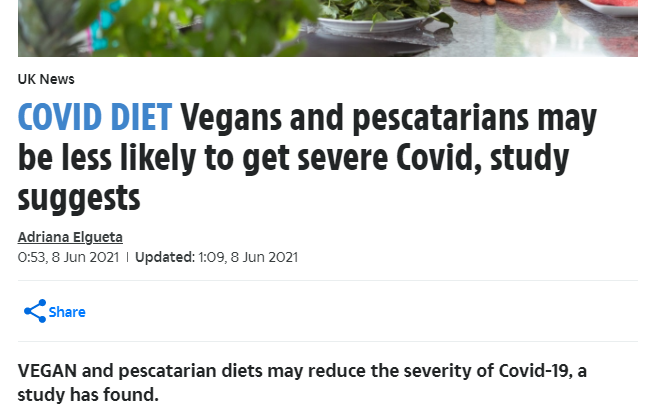
The interesting thing to me is the divergence between the two lab leak theories:
1. Reasonably low likelihood that requires investigation
2. Wild conspiracy
1. Reasonably low likelihood that requires investigation
2. Wild conspiracy
https://twitter.com/amymaxmen/status/1403756216497500165
In the first scenario, which most scientists espouse, we can't rule out the possibility that COVID-19 came from a lab, but it's the least likely explanation by a fair bit
Still needs looking in to!
Still needs looking in to!
In the second scenario, people have aggregated bizarre and nonsensical arguments into an impenetrable morass of vague thinking that supposedly means something - this is why I say it's like a conspiracy theory
And much of the argument for a lab leak really does resemble a conspiracy theory, with people saying that Chinese researchers fabricated decades of data and then deleted records and lied to the WHO, while the government covered for them
Possible, perhaps, but still...
Possible, perhaps, but still...
• • •
Missing some Tweet in this thread? You can try to
force a refresh












